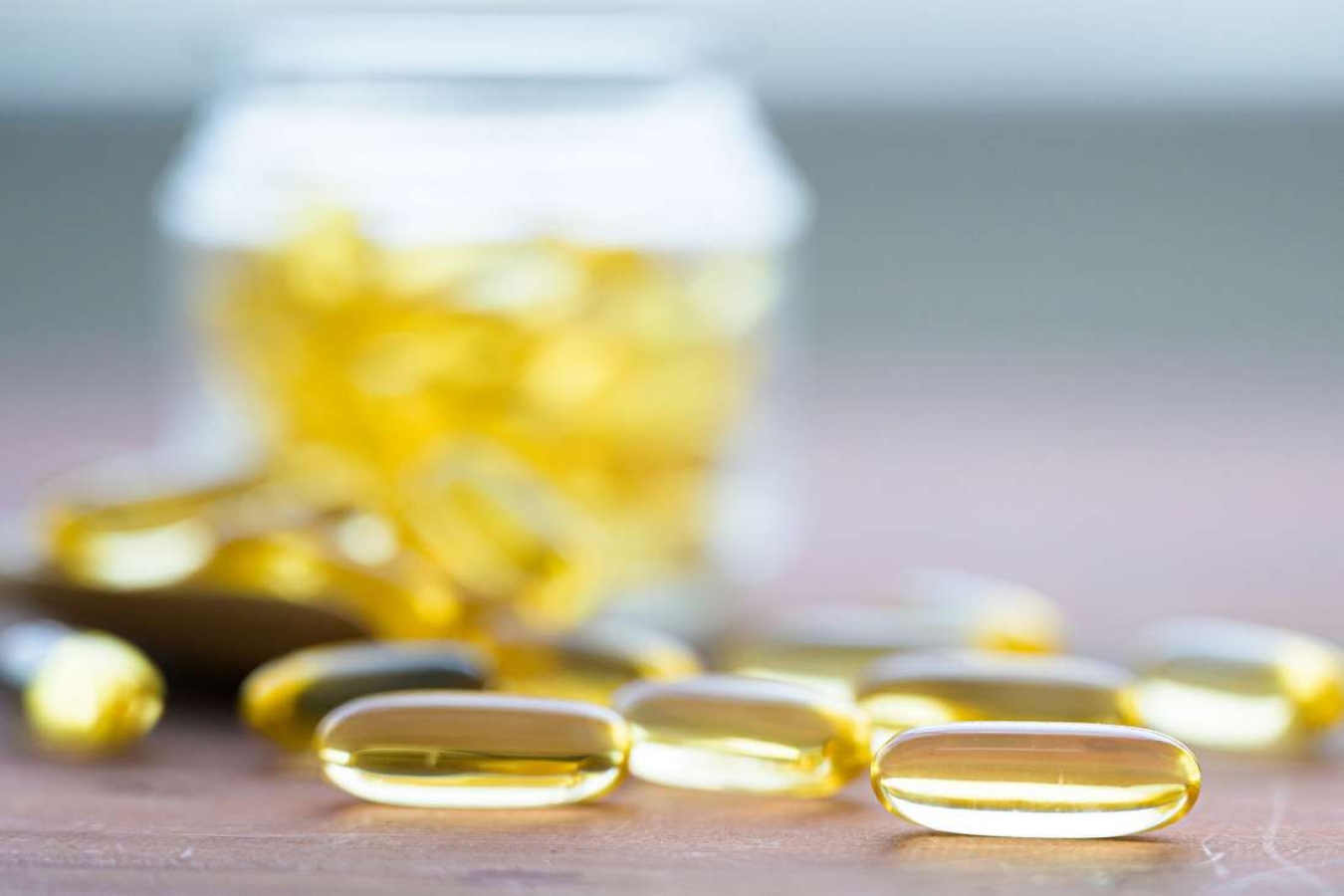


 4:27:52
4:27:52  2019-11-25
2019-11-25  1141
1141

Omega-3 fish oil supplements can improve attention in some youths with attention deficit hyperactivity disorder (ADHD), according to a new study.
ADHD is a condition in which a person presents a marked pattern of inattention or hyperactivity and impulsivity — or all of these symptoms — to a level that interferes with development and functioning.
According to the Centers for Disease Control and Prevention (CDC), there are more than 6 million childrenTrusted Source with ADHD in the United States.
In the new study, scientists at King's College London in the United Kingdom and China Medical University in Taichung, Taiwan, investigated the effect of omega-3 fish oil supplements on cognitive function in youths with ADHD.
A recent Translational Psychiatry paper describes the new findings.
The investigation took the form of a randomized controlled trial and involved 92 youths with ADHD whose ages ranged from 6 to 18 years.
For 12 weeks, the youths received either high doses of the omega-3 fatty acid eicosapentaenoic acid (EPA) or a placebo.
The results showed that of the participants who received the supplement, those who had the lowest levels of EPA in their blood showed improved focused attention and vigilance.
However, no such improvements occurred in participants whose blood levels of EPA were normal or high.
The research also identified some adverse consequences of taking omega-3 supplements. Individuals with high blood levels of EPA who took the supplement showed a rise in impulsivity.
The researchers suggest that these results point to a need for psychiatrists to take a personalized medicine approach when treating youths with ADHD.
"The omega-3 supplements only worked in children that had lower levels of EPA in their blood, as if the intervention was replenishing a lack of this important nutrient," says senior study author Carmine M. Pariante, who is a professor in the Department of Psychological Medicine at King's College London.
He and his colleagues warn that the findings should not be a reason for parents and carers to start giving youths omega-3 supplements without first consulting a doctor.
EPA and other omega-3 fatty acids
Omega-3 are a group of polyunsaturated fatty acids (PUFAs) that play several vital roles in the body.
These fatty acids help to form cell membranes, produce energy, and make signaling molecules called eicosanoids.
In research, scientists tend to focus on EPA and two other types of omega-3: alpha-linolenic acid (ALA) and docosahexaenoic acid (DHA).
The body cannot make ALA, so it has to source it from foods, such as canola oil, chia seeds, flaxseed, soybean, and walnuts.
Although the body can convert ALA into DHA and EPA in the liver, it is unable to produce enough. As a result, the body must also get these fatty acids from food sources.
Fish and fish oils are rich in DHA and EPA. Fish build up these two omega-3s in their tissues because they eat phytoplankton that have ingested microalgae that produce DHA and EPA.
Dietary supplements can contain ALA, DHA, EPA, and other omega-3 fatty acids. While fish oil is the primary source of DHA and EPA in supplements, there are non-fish products that get them from algal oil, which is an oil derived from the microalgae.
Omega-3 formulations can vary widely among dietary supplements, so it is important to check their product labels to see which omega-3s they contain and in which amounts.
A need for 'personalized psychiatry'
The results of the recent study add to those of previous research by the same team that found that ADHD was more common in youths with omega-3 deficiency.
The standard treatment for youths with ADHD includes giving them stimulants. One such stimulant, methylphenidate, typically results in improvements — scientists describe them in terms of effect sizes — of between 0.22 to 0.42 for attention and vigilance.
The trial results showed that the youths with low EPA who received omega-3 supplement showed improvements with an effect size of 0.83 for vigilance and 0.89 for focused attention.
Prof. Pariante suggests that "for those children with omega-3 deficiency, fish oil supplements could be a preferable option to standard stimulant treatments."
However, the team also points out that the supplements may have adverse consequences for youths who do not have an omega-3 deficiency.
"Our study sets an important precedent for other nutritional interventions, and we can start bringing the benefits of 'personalized psychiatry' to children with ADHD." Prof. Carmine M. Pariante
Reality Of Islam |
|

Batteries p

Some 1.2 bi
 9:3:43
9:3:43
 2018-11-05
2018-11-05
10 benefits of Marriage in Islam
 7:5:22
7:5:22
 2019-04-08
2019-04-08
benefits of reciting surat yunus, hud &
 9:45:7
9:45:7
 2018-12-24
2018-12-24
advantages & disadvantages of divorce
 11:35:12
11:35:12
 2018-06-10
2018-06-10
 6:0:51
6:0:51
 2018-10-16
2018-10-16
 9:30:2
9:30:2
 2021-11-12
2021-11-12
 5:57:34
5:57:34
 2023-03-18
2023-03-18
 5:58:12
5:58:12
 2021-12-18
2021-12-18
the happy life of mankind requirement
 6:36:36
6:36:36
 2022-01-25
2022-01-25
 8:4:21
8:4:21
 2022-01-08
2022-01-08
 8:30:23
8:30:23
 2022-03-03
2022-03-03
 2:42:26
2:42:26
 2023-02-02
2023-02-02
 5:41:46
5:41:46
 2023-03-18
2023-03-18
| LATEST |